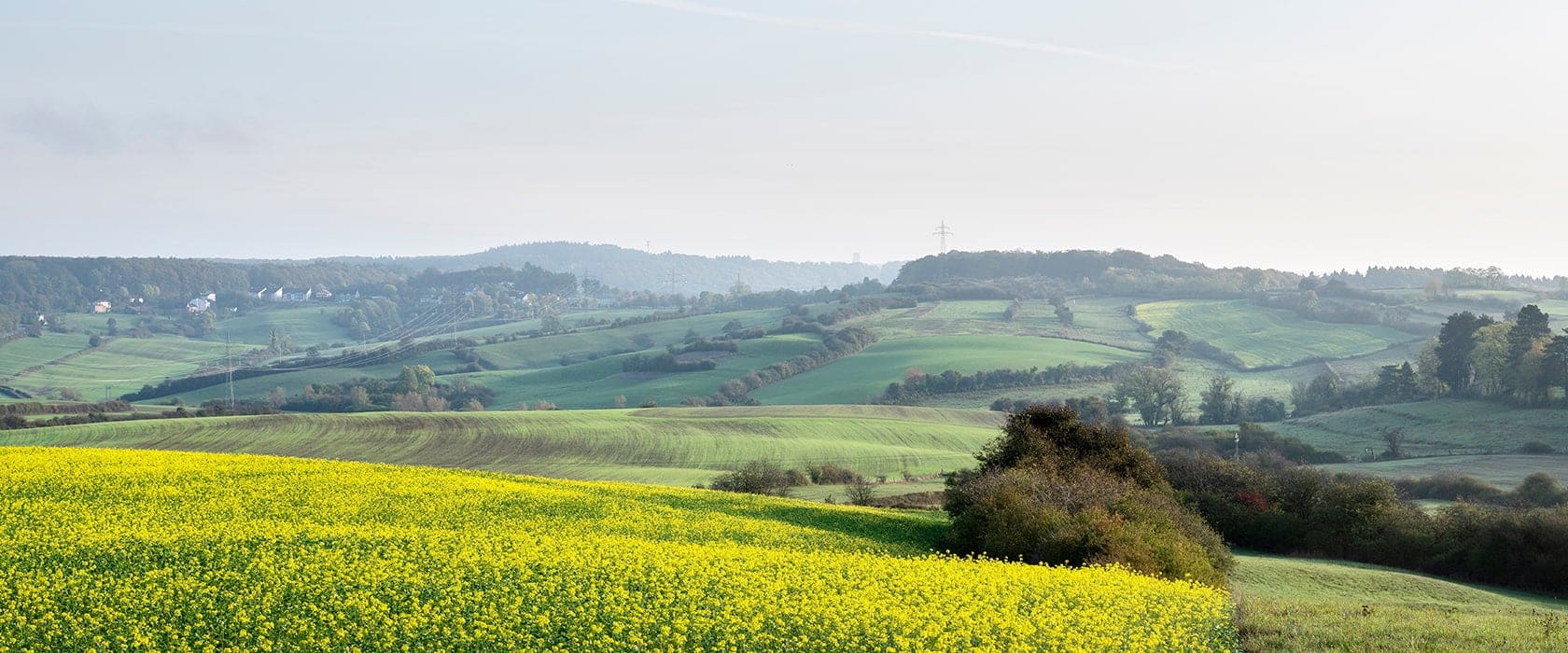-
Popular search terms
Get the Ultimate Guide
to Applying for an MBA

Download for free
Download you MBA Admissions Guide
Get the Ultimate Guide
to Applying for an MBA

Download for free
Download you MBA Admissions Guide

Students who come to pursue a Master in Luxembourg will discover one of the most visually appealing countries in the world, with the capital, Luxembourg City, famed for its medieval castles, grand cathedrals, and glorious architecture. Despite its small size, Luxembourg is one of the most unique countries in Europe and punches above its weight in terms of GDP, quality of life, and average wage. It is also in a perfect position from which to explore the rest of Europe, sharing land borders with France, Germany, and Belgium, lying within easy reach of all Europe’s major capital cities.
Luxembourg is well-accustomed to welcoming international citizens. Around half of the total population is foreign-born. Many people who work in Luxembourg live abroad, making it one of Europe’s most multicultural nations. This cosmopolitanism also permeates the country’s higher education institutions, which – despite being few in number – have a naturally international outlook and lofty ambitions. English-language programs are widespread, cultural exchanges with partner schools throughout the world are common, and work opportunities at some of the country’s major employers – including Amazon, the European Parliament, and BNP Paribas – are a logical post-graduation route for those studying in Luxembourg.
Citizens of EU/EEA countries do not need a student visa to study in Luxembourg. However, students from non-EU/EEA countries need to apply for a student visa. Before arriving in Luxembourg, you must first submit an application for a temporary visa, present a valid passport, and request a type D visa. After arriving in Luxembourg, you must then submit a declaration of arrival in your new commune of residence, undergo a medical check, and apply for a residence permit.
After graduating, you can apply for a residence permit in order to work, whether you want to pursue salaried employment or become a self-employed worker. The cost of renewing a residence permit is EUR€80.
International students are welcome to open a bank account in Luxembourg, but it is not a legal requirement. However, opening a bank account in Luxembourg will make it easier to manage your day-to-day finances if you are living in Luxembourg. You can pay with contactless cards, debit/credit cards, or your phone across the country – even at some market stalls. The Banque Centrale du Luxembourg is the national central bank, but the small country is home to over 130 banks, a quarter of which are foreign banks from countries like Germany, France, and Switzerland.
In order to open a bank account, you need to provide a valid passport or ID, proof of address, proof of income, and an acceptance letter from your university. Many banks offer special packages for students, such as BNP Paribas, which offers free products and services for 18 to 29-year-old students.
Luxembourg has one of the best quality and best-funded healthcare systems in Europe. International students from the EU/EEA will be covered by their European Health Insurance Card (EHIC) while studying in Luxembourg. Non-EU/EEA students will need to take out private health insurance before arriving in Luxembourg. Private health insurance can cover your costs for hospitalization, eye care, dental care, and medical services outside Luxembourg. Some universities might provide health insurance packages for international students, so be sure to check this with your university. You also might need to show proof of healthcare coverage to obtain a visa.
While it is one of the smallest countries – with a high level of safety – the prices of property and rent in Luxembourg are high. Universities in Luxembourg typically offer student accommodation in the form of university residences or single-family homes, so it is highly recommended to check with your university first in your search for student housing. This type of accommodation usually costs between EUR€350 and €500 per month (utility costs are often included).
The alternative option is to rent a private apartment, which costs between EUR€600 and €1,200 per month. To lower expenses, many students opt to share a two- or three-bedroom apartment with other students. Monthly utilities cost around EUR€180-250.
Luxembourg has a vast public transport network that spans the country and provides connections with neighboring countries. Luxembourg has five transport authorities operating trains, buses, trams, and a funicular.
In March 2020, Luxembourg became the first country in the world to offer free public transport. You will have to pay for travel if you traveling in a first-class train carriage (around EUR€3-6) or if you are traveling across borders to Belgium, France, and Germany.
The Big Mac Index was invented by The Economist in 1986 as an informal way of measuring the purchasing power parity (PPP) between two currencies. The price of a Big Mac in Luxembourg is EUR€6.15 (equivalent to US$6.60 and JP¥839). For US$50, you can buy seven Big Macs.
The cost of living in Luxembourg is high, an illustration of the country’s high standard of living. As a student, you can expect to spend between EUR€700-1,500 every month on living costs.